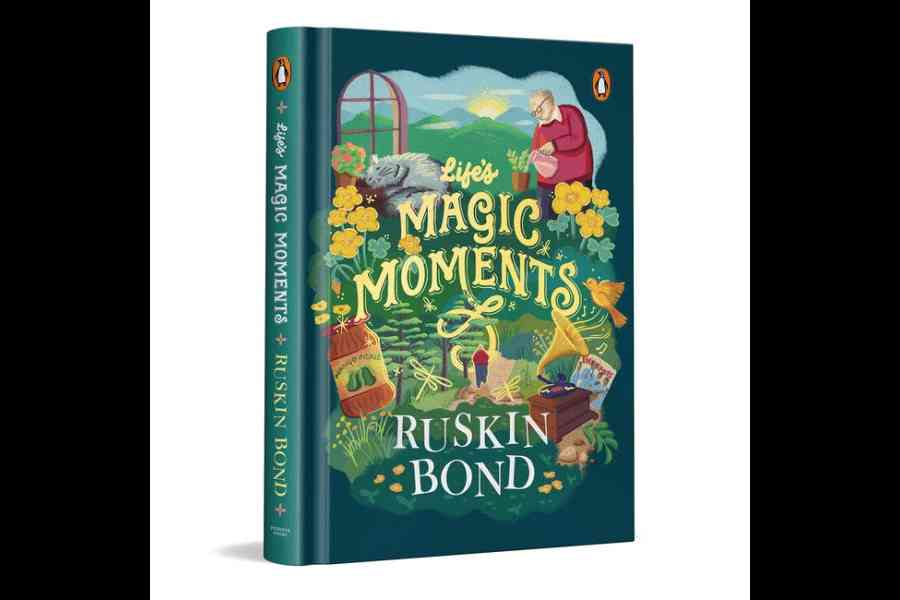The Loneliness of the Writer
As a writer, you tread a lonely path. There is no one to hold your hand. That pen is yours and yours alone, and only you should decide what to do with it.
Basically, we write for ourselves. An author is his own best audience. After all, his little masterpiece may not find more than a handful of readers, so he must be content with the satisfaction that he derives from his creative effort.
My first book of poems sold twenty copies. I gave away a few copies, hoping for some kind reader’s approval. When I asked one of them if he liked the book, he said, ‘Terrific! The illustrations were great!’
When you set out to be a writer, you must be ready for heartbreak. There will be many disappointments. Not every editor or publisher will fall for your literary style, the appeal of your characters (if you are a fiction writer) or your great thoughts, if you aspire to be a great thinker.
There are all sorts of writers. Some are thinking writers, some are instinctive writers and some are lyrical writers. They work alone, sometimes in lonely places. It’s only the formula writers who are immune to the anguish of failure. These are those writers who churn out a thriller a month while also being part of the party circuit and a member of the local yacht club. But they aspire to fortune, if not fame.
The great works of literature were often created in adverse circumstances: Wuthering Heights, while Emily Brontë struggled with tuberculosis; the poet John Keats, dying in his twenties from the same disease; Stevenson writing such diverse works as Treasure Island, Kidnapped, Dr Jekyll and Mr Hyde, The Suicide Club and A Child’s Garden of Verses (among others) before dying on his island in the South Seas in his forties. Great works often emerged from great suffering: Dostoevsky in prison; Victor Hugo in prison and then in exile; Jonathan Swift in the stocks; Virginia Woolf struggling with depression; Ezra Pound combating madness.
But the greatest anguish, the desert of loneliness, comes to those who have achieved much and then lost it: Scott Fitzgerald’s falling from favour and his descent into alcoholism. Hemingway’s despair and suicide. Wilde’s persecution and exile. Some writers fall from grace. Others are forgotten. Better not to be read at all than to be forgotten! The literary life can be cruel.
So, we must write for ourselves, and then we won’t be disappointed.
Here I am, sitting at the dining table, putting down these thoughts, while several unrelated activities go on around me. They have nothing to do with what I am writing. Siddharth is shouting at Gautam. Gautam is shouting at Shrishti. Shrishti is on the phone, shouting at someone. Two little girls walk in through the open front door. It’s someone’s birthday, and they have brought sweets. The flow of my writing has been interrupted, so I help myself to a ladoo.
This is not a lonely scene, and mine is not a lonely life. But sometimes, when evening falls, and no one is in the house, I remember times when I was alone and lonely and writing just for some other lonely soul, someone I would never see or know. And I am still writing for that lonely soul.










